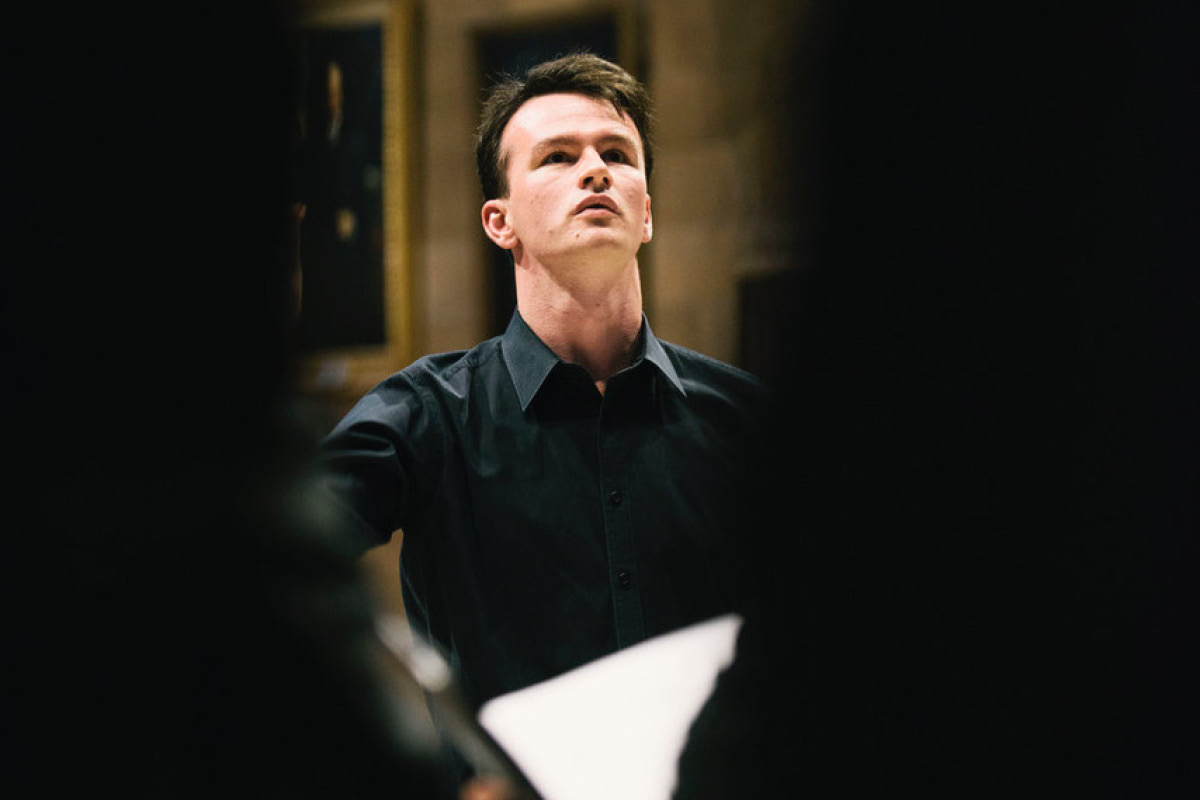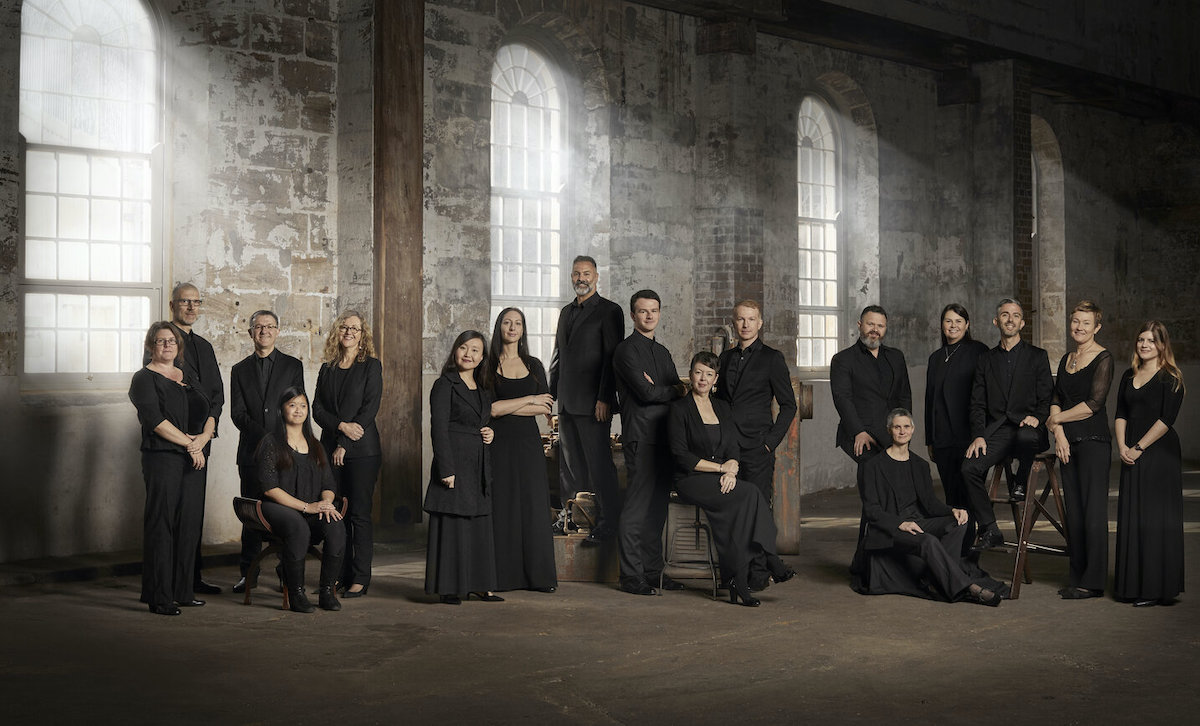Ahead of Sydney Chamber Choir‘s performance of Mozart’s Requiem, Limelight speaks to SCC Artistic Director Sam Allchurch about his relationship with the work and his hope that audiences will “feel the flames” of Mozart’s final work.

Sydney Chamber Choir Artistic Director Sam Allchurch. Photo supplied
When did you first encounter Mozart’s Requiem. Can you remember?
I remember quite clearly. It was through a wonderful music teacher in Year 11. I’d already heard bits of it before mainly from Amadeus, and I knew about the legend that was around it – the whole ‘written-on-the-deathbed’ story. But Year 11 was the first time I really studied it in any depth.
Actually, in preparation for this concert, I dug out my old Year 11 study score. So much of what I wrote was rubbish! But basically, the Requiem is one of those pieces that has a part of my life – albeit in a peripheral way – until now.
This is your first time conducting it. What’s it like to approach the mountain, so to speak?
It’s certainly a mountain. It’s fascinating because there are so interpretations that have come before and like Messiah or any great masterwork, there’s this weight of other interpretations, other conductors who have done it before.
That’s compounded by the fact that there are so many different versions of the work – or completions, I should say, because Mozart left it unfinished. So, I’m still wrestling with all the choices you can make.
I’ve always heard it as a very theatrical piece of music, and so finding the drama is the key to it for me and the great joy of working on it. Because of the deathbed story, the piece can take on a very Gothic atmosphere. There’s the story that he invited some friends to come to his room and sing it with him – he was in bed, dying and singing the alto part. It’s like a scene from a gothic horror movie.
But what I’m trying to do is get under all that for a second and really look at what’s on the page. For example, there are some movements where I’m encouraging the choir to be almost a like Greek chorus, at times, dispassionately commenting on events. Then you have moments that are intensely personal and dramatic. It’s about finding those contrasts in the work.

Sydney Chamber Choir. Photo © Pedro Greig
What are the particular challenges of the work?
There is a lot more virtuosity in this piece than meets the eye. I’m working with a very good and experienced choir and they can read through it in the first rehearsal and it sounds like the Mozart Requiem – which is great. But I think the hard work and the virtuosity required comes when you’re bringing the different lines of music together.
Sometimes, with the Requiem, there’s a tendency to just emphasise the main ideas all the time, and that’s fine. But if you go underneath the surface, there’s all this interesting stuff happening there at the ends of the phrases. You don’t always hear that in a lot of performances, because it’s the start of the phrase that tends to be brought out. Getting to a point of clarity for the whole of each phrase is one of the real challenges, I think.
How much time do you sit with the text as opposed to the music?
Because I have a life as a church musician, I tend to regard the text quite deeply. It’s something I try to convey to the choir who can then hopefully convey to the audience. As we get further and further away from people having grown up with Latin texts, learning them in schools or in church, I think that’s really important.
For example, one of the most famous movements in the Requiem is the Dies Irae, ‘the day of wrath’. It’s a fire and brimstone text, unbelievably dramatic. I feel strongly that you should be able to see and feel the flames even if you don’t understand the words being sung.
You’ve spoken before of the choir as an instrument. What kind of instrument is Sydney Chamber Choir?
I like to think it brings together two sometimes contradictory ideas: one is richness and depth; the other is flexibility and lightness, the ability to turn on a dime or dance in the wind, if you like. I think this choir is right in that sweet spot.
Sydney Chamber Choir sings Mozart’s Requiem on 28 April at the City Recital Hall, Sydney.











Comments
Log in to join the conversation.